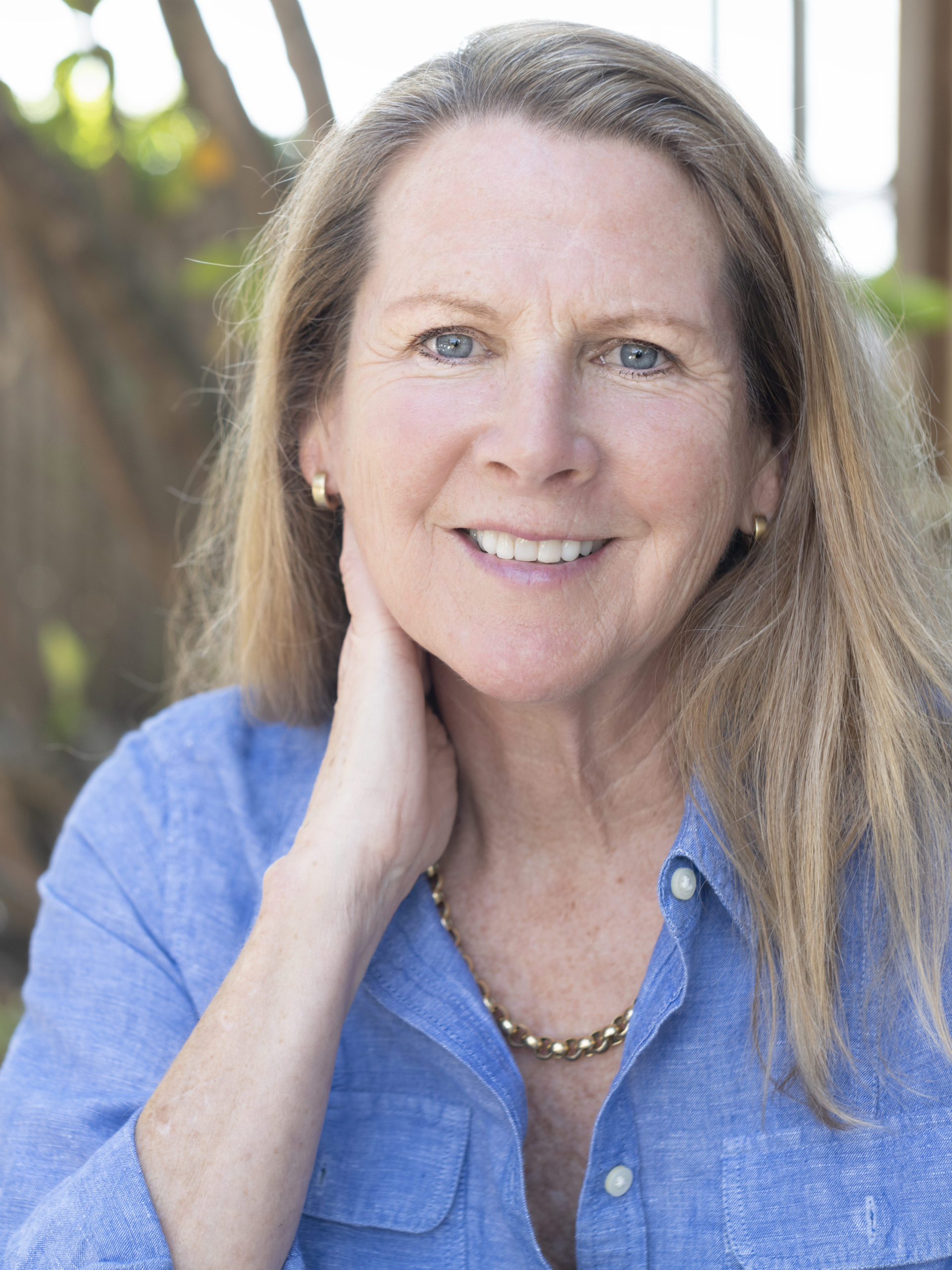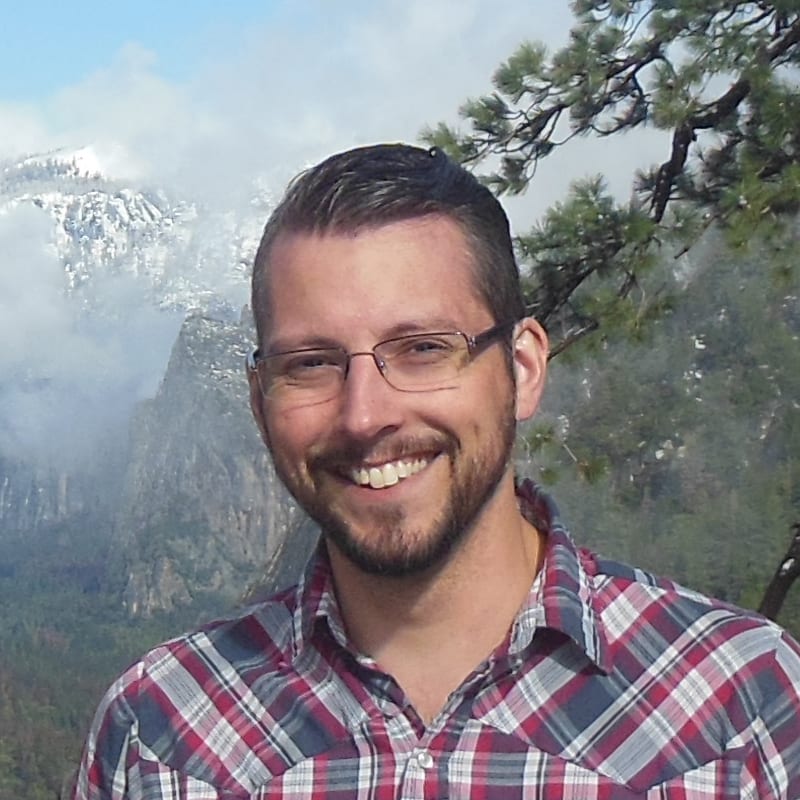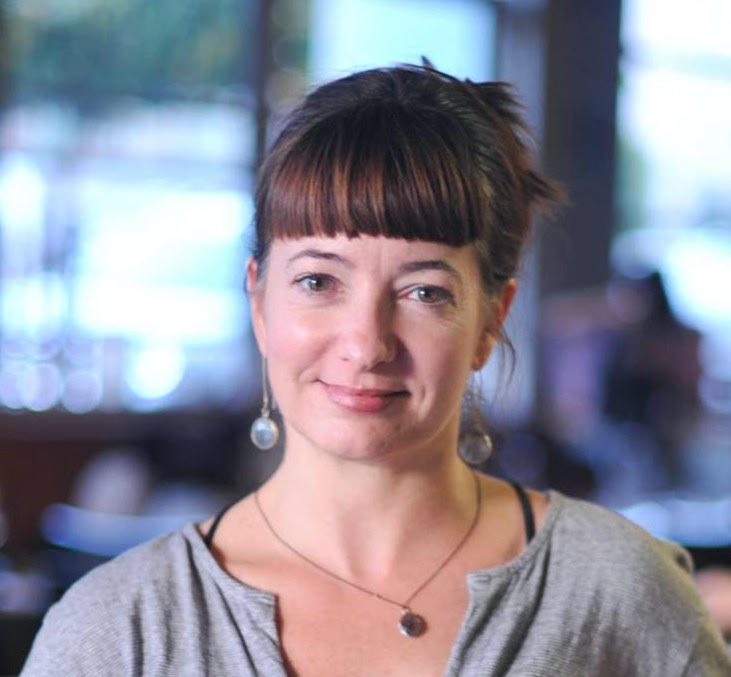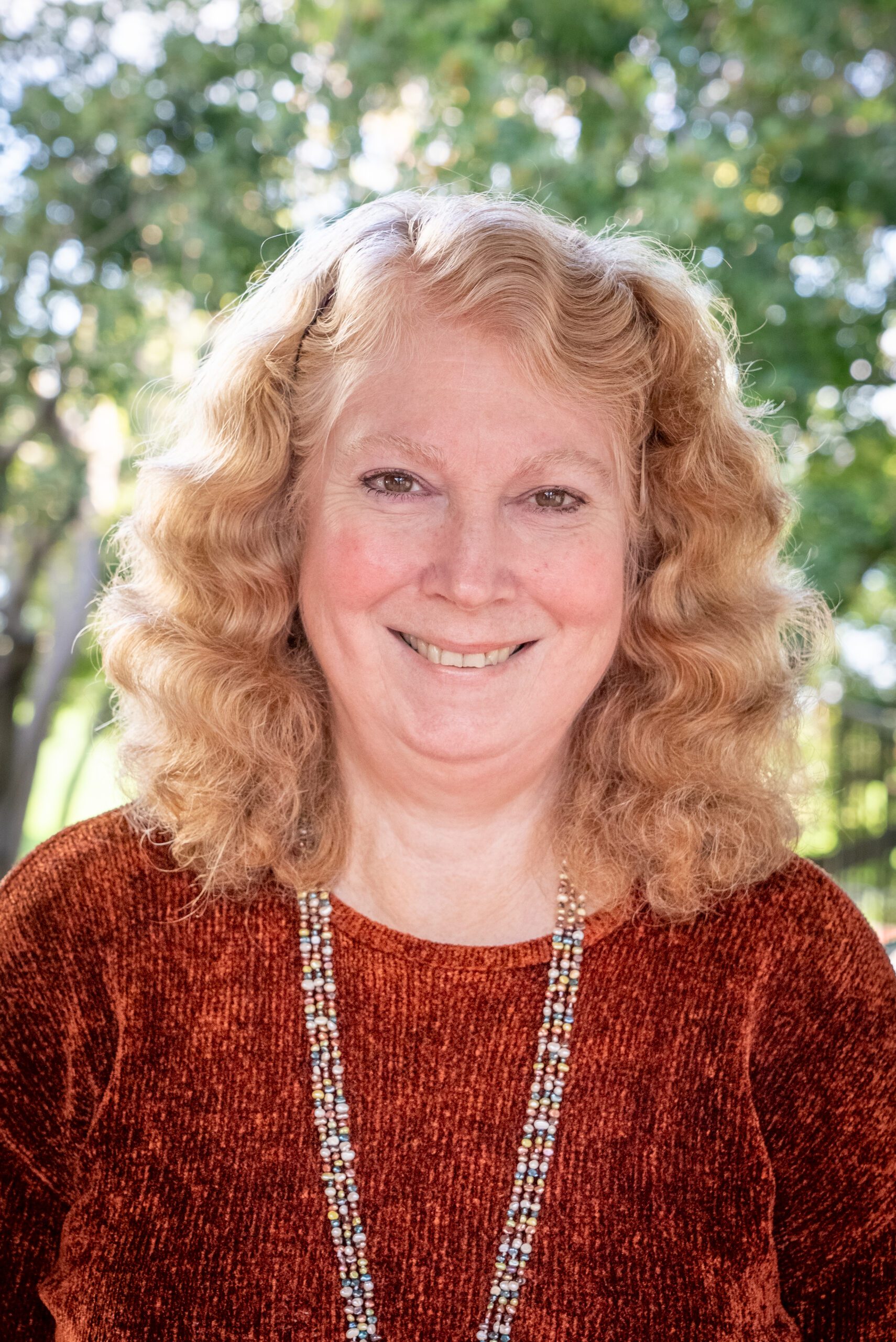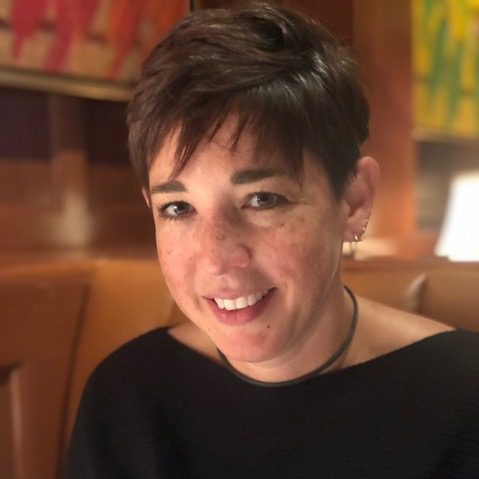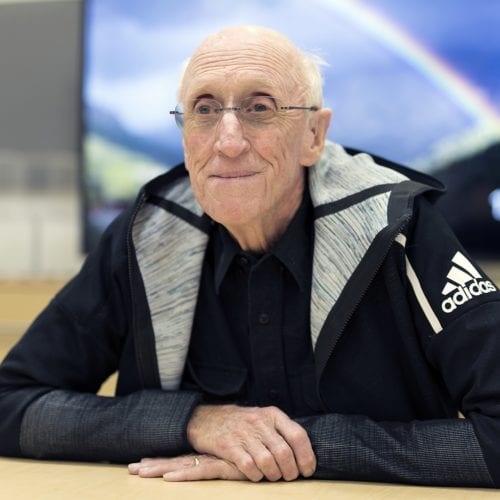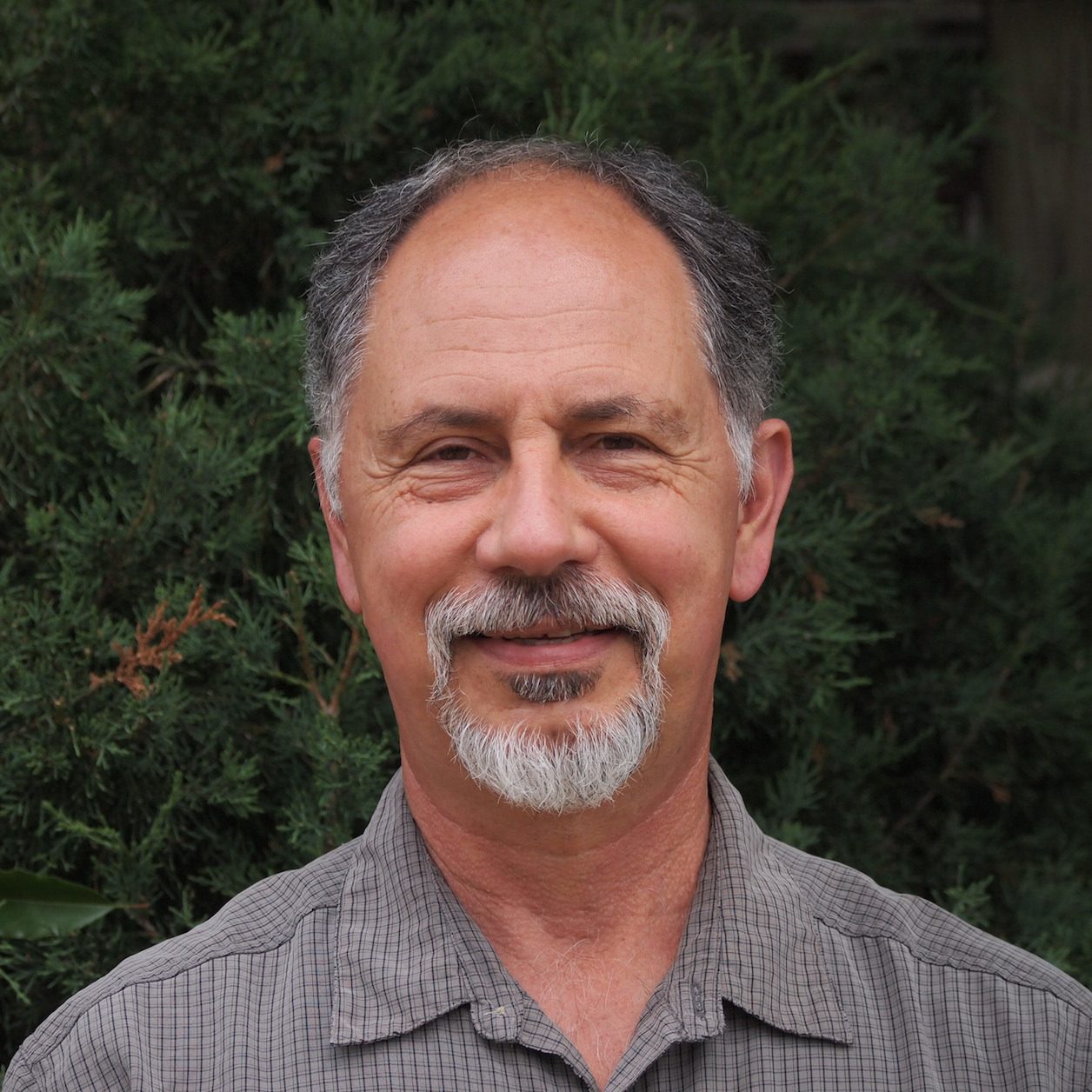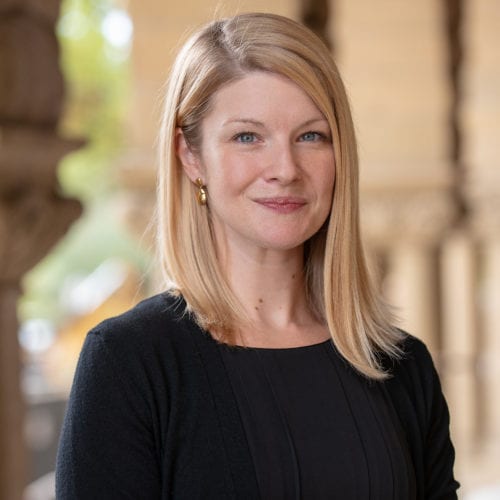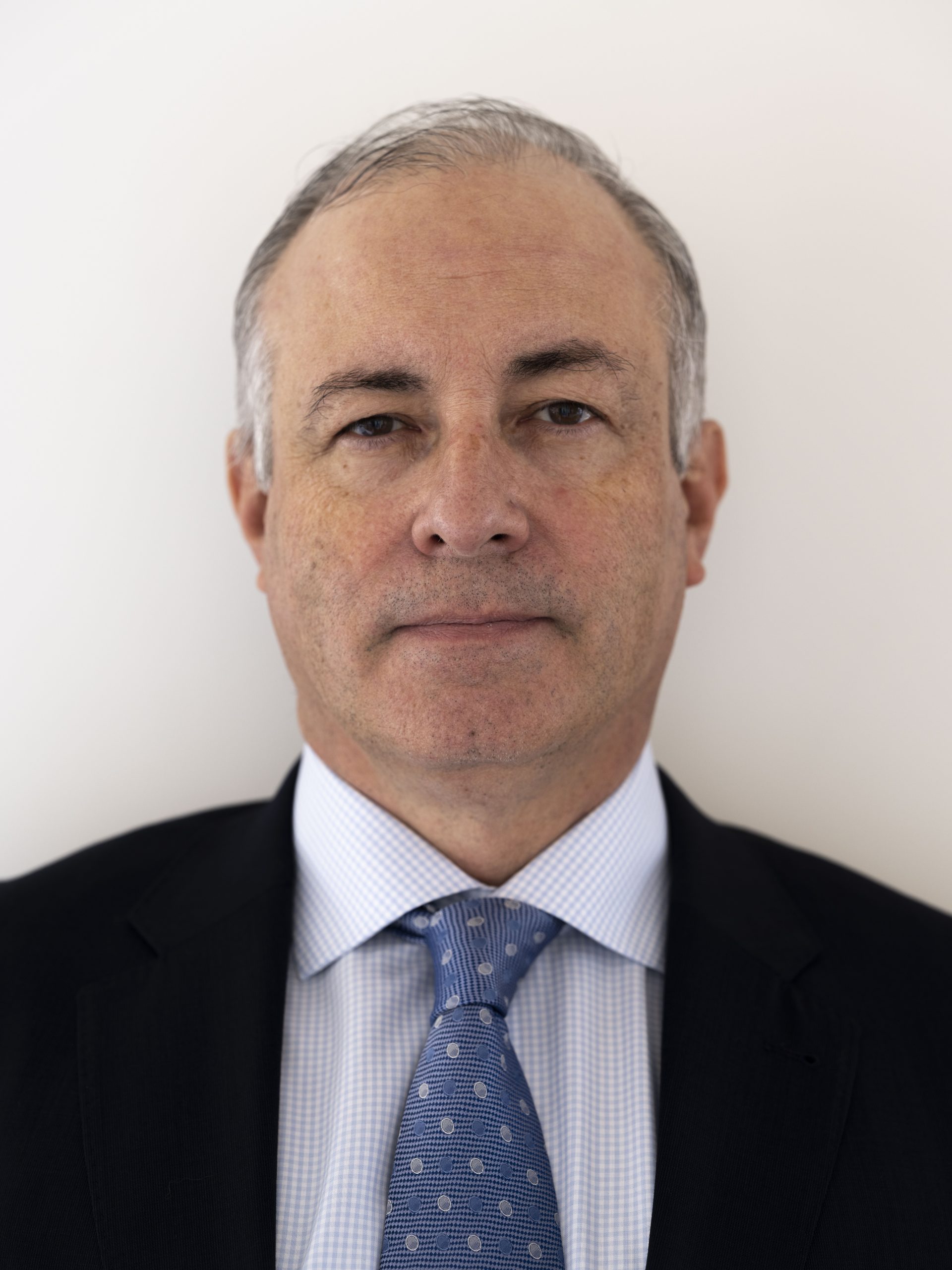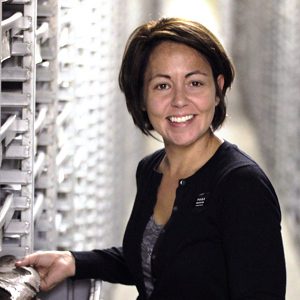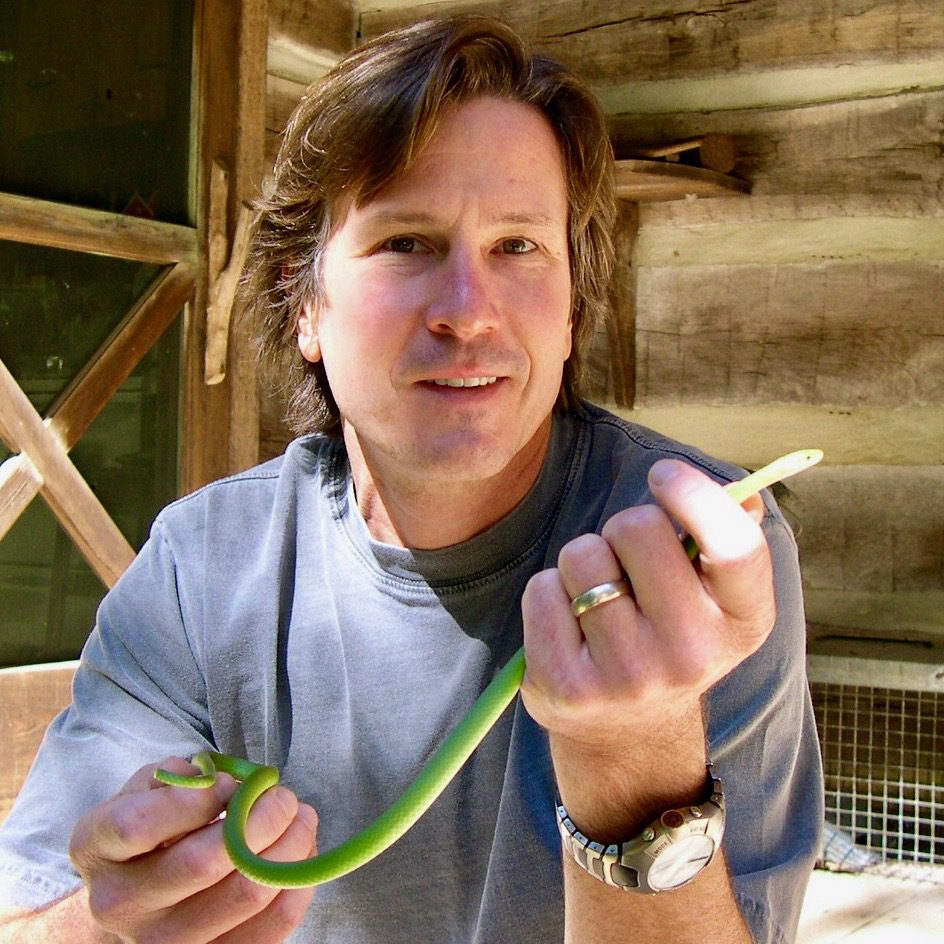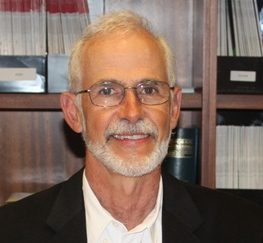REVIVE & RESTORE STAFF
ryan(at)reviverestore.org @RyanPhelan6
Ryan Phelan
Co-Founder and Executive Director
As the Co-Founder and Executive Director of Revive & Restore, Ryan works with the world’s leading molecular biologists, conservation biologists, and conservation organizations to envision and develop pioneering projects that apply cutting-edge biotechnologies to seemingly intractable conservation challenges. She has organized landmark workshops, bringing together global experts to identify the challenges facing endangered species and what genetic tools can be used or designed to help save them from extinction. In 2021, Ryan captured the TED stage in Monterey with her talk, titled “The Intended Consequences of Helping Nature Thrive.” In 2023, Ryan reflected on 10 years of progress at Revive & Restore with a seminal presentation at the Long Now Foundation, titled “Bringing Biotech to Conservation.”
Ryan is a serial entrepreneur, active in the for-profit and non-profit worlds. For two decades prior to her conservation work, she was a leader in patient-oriented healthcare and was the Founder and CEO of two healthcare companies focused on empowering consumers: DNA Direct and Direct Medical Knowledge.
ben(at)reviverestore.org @BenJNovak1
Ben Novak
Lead Scientist
Program Manager, Biotechnology for Bird Conservation
Ben J. Novak collaboratively pioneers new tools for genetic rescue and de-extinction. As lead scientist, he heads Revive & Restore’s de-extinction efforts and is the lead coordinator for conservation cloning projects, and in 2022 has expanded his role to include Program Manager for the newly launched Biotechnology for Bird Conservation program.
Ben’s primary passion is the restoration of the extinct passenger pigeon, the goal of Revive & Restore’s flagship project, The Great Passenger Pigeon Comeback. While passenger pigeons are Ben’s passion and specialty, the conceptualization and advocation of biotech-based genetic rescue solutions for all organisms have been a lifelong pursuit. Ben’s work at Revive & Restore also includes extensive education and outreach, the co-convening of seminal workshops, and helping to develop ongoing projects and scope new opportunities to expand genetic rescue science and applications through Revive & Restore’s Catalyst Science Fund and Wild Genomes Grants.
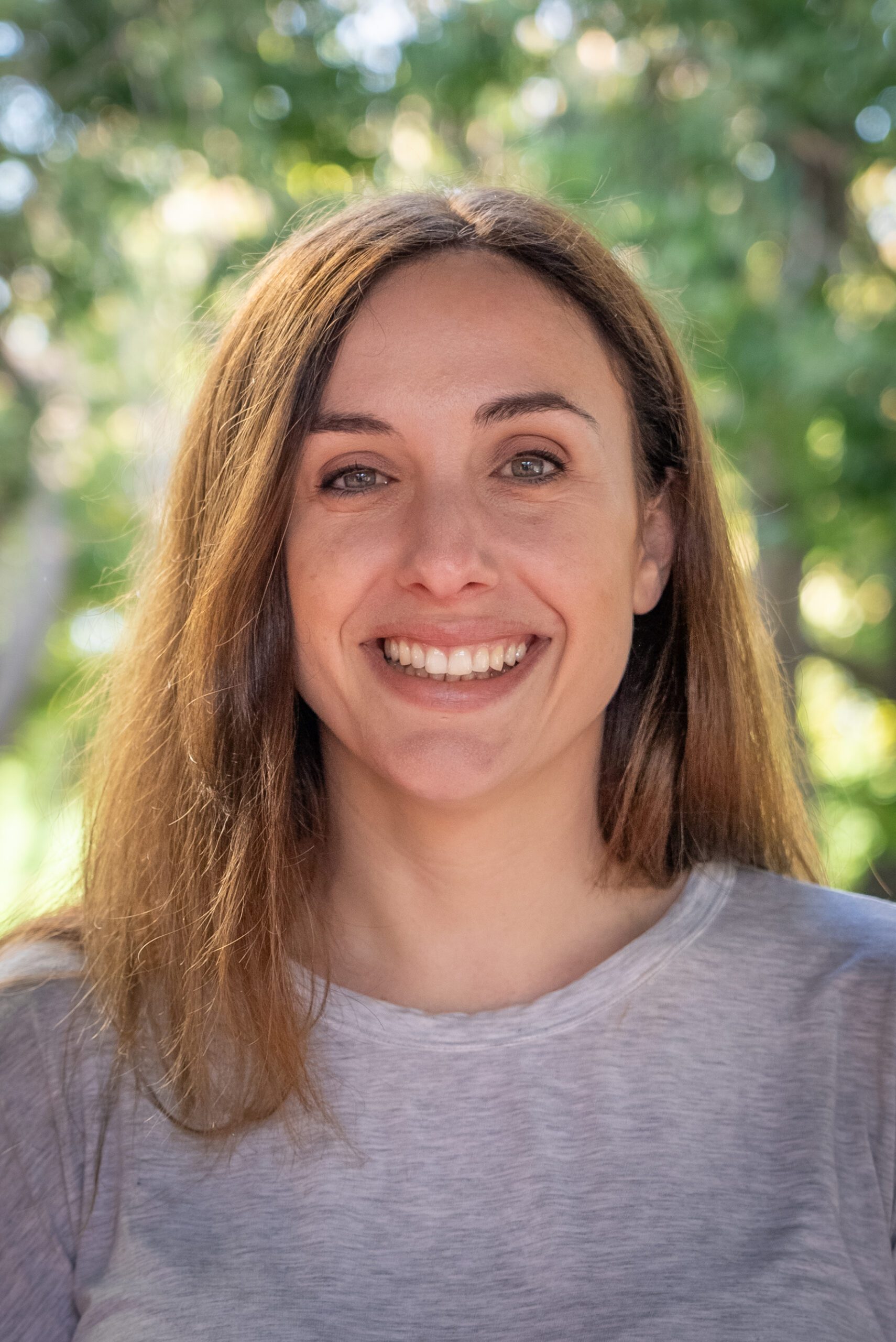
ashlee(at)reviverestore.org
Ashlee Hutchinson
PROGRAM MANAGER
As Program Manager, Ashlee develops and oversees applied genetic rescue projects for threatened and endangered species. She manages the Stem Cell program, which advances stem-cell focused projects that enhance wildlife conservation efforts. Ashlee is passionate about the use of advanced assisted reproductive technologies to protect vulnerable species.
After training as an embryologist, Ashlee completed her PhD at the University of Melbourne where she focused on the derivation of induced pluripotent stem cells from a marsupial. In addition, her research included the optimisation of conditions for marsupial IVF. Ashlee’s post-doctoral research at Monash University has centred around understanding the molecular regulation of spermatogonial stem cells.
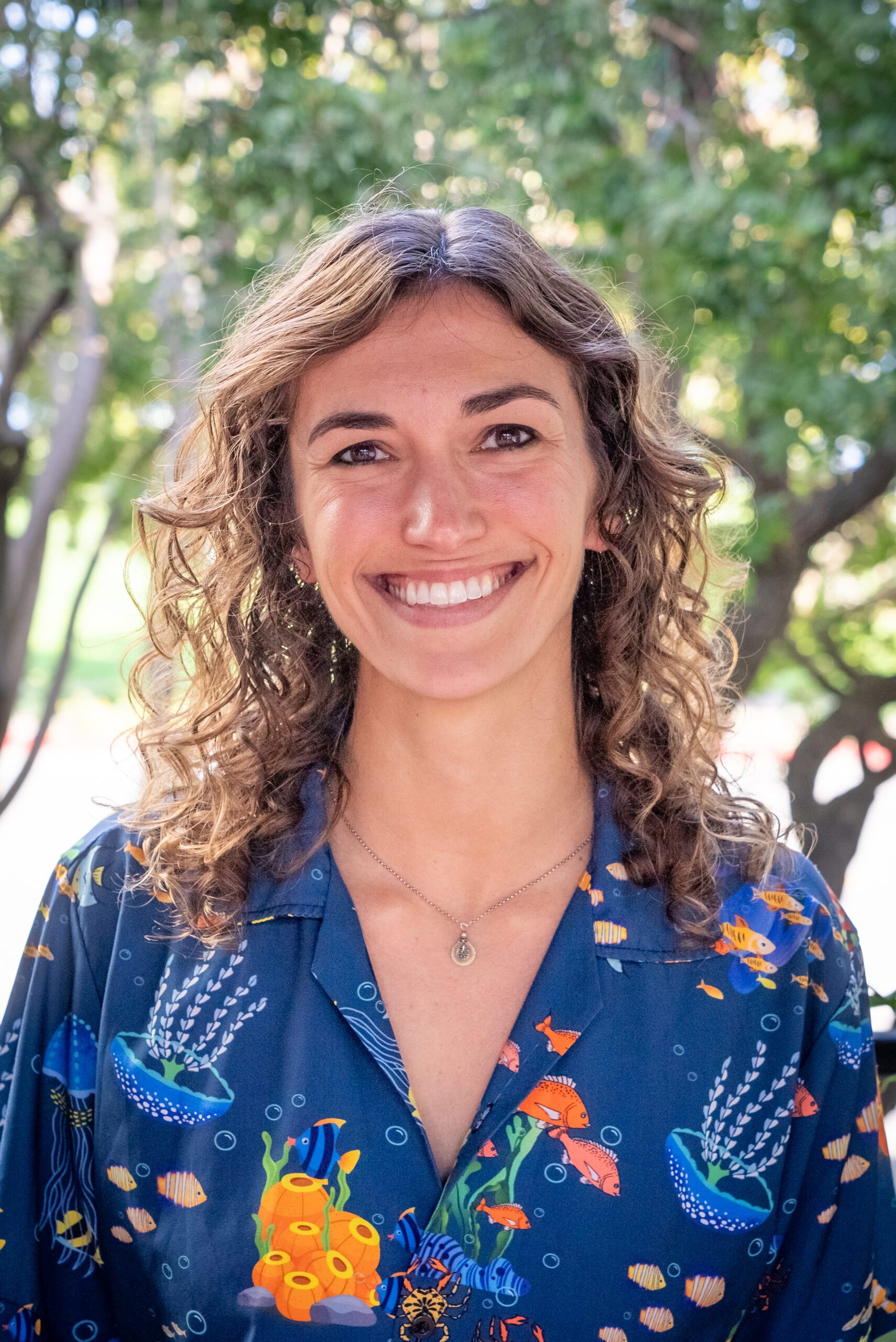
liv(at)reviverestore.org
Liv Williamson
PROGRAM MANAGER
As Program Manager, Liv develops and oversees applied genetic rescue projects for endangered species around the world and helps craft Revive & Restore’s scientific focus. She manages the Advanced Coral Toolkit, which supports the development and field testing of cutting-edge biotechnologies for coral conservation. Liv shares her passion for the natural world through science communication, education, and citizen science, empowering people of all backgrounds to be environmental stewards.
Prior to Revive & Restore, Liv tested innovative strategies to increase the survival and fitness of threatened Caribbean corals in the face of climate change. She managed various collaborative projects that utilized “assisted evolution” approaches such as managed breeding and microbiome manipulation to boost coral genetic diversity and climate resilience, with the goal of informing reef restoration. Liv has a Ph.D. in Marine Biology and Ecology from the University of Miami’s Rosenstiel School of Marine, Atmospheric, and Earth Science, and a B.A. in Environmental Science from Barnard College.
Marmee Manack
Director of Operations
Marmee serves Revive & Restore as Director of Operations, helping to keep the organization running gracefully under the leadership of its Executive Director. Marmee oversees the daily operations which include donor management, accounting, administration, project coordination, media relations, website development, event planning, —and ensures the dynamic Revive & Restore global community stays connected.
Before joining our team, Marmee owned and operated a restaurant in San Francisco and then Berkeley for 13 years before moving into wine sales. As a Certified Sommelier, and conservationist who values sustainability and accountability, Marmee specialized in biodynamic wines and farming practices. Her love of nature has led to her appreciation for the biotechnologies being developed to protect it.
Traci Eckels
Grants Manager
Traci Eckels has had a multi-decade career in non-profit fundraising and management. Her career has included securing significant funding for Public Media, national parks, universities, and affordable housing. She has served in just about every fundraising position including overseeing grants and gifts.
As a life-long conservationist, she is excited to be part of the Revive & Restore team. Her role as Grants Manager brings together her experience in fundraising and non-profit administration to the benefit of the organization. She administers both outgoing grants and incoming funding.
In her spare time she enjoys travel especially to parks and gardens around the world, reading, cheering on the SF Giants, riding her bike and going for walks, and spending time in her lovely garden at home.
Staff | Consultants | Board
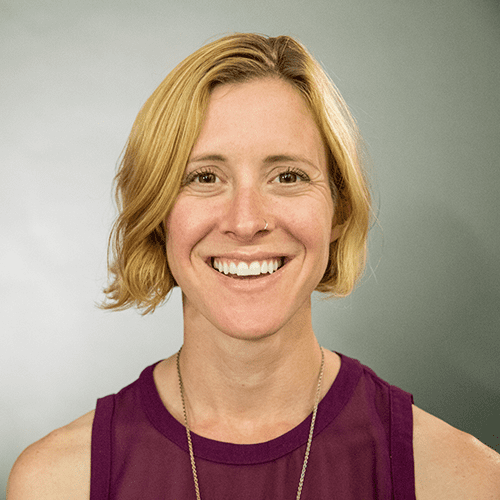
kika(at)reviverestore.org
Kika Tuff
Communications Director
Kika develops communication campaigns around genetic rescue and the successes happening at Revive & Restore. As the Communications Director, she collaboratively manages stories, media, and communication strategies for ongoing projects.
In her work, Kika experiments with storytelling as a tool to demystify the process of science and to help audiences connect with the human side of research. Before joining Revive & Restore, she founded Impact Media Lab, a communications agency for scientists and science organizations. She has worked with hundreds of researchers from around the world to help share their science with a diverse and global audience.
Outside of work, Kika practices her craft leading quests in a long-standing game of Dungeons & Dragons. Storytelling-as-play remains a driving philosophy of her life and work. Kika earned her Ph.D. in Ecology, with a speciality in science communication, from the University of Colorado at Boulder. She has a bachelor’s in biology from Washington University in St. Louis.
Bridget Baumgartner
Advisor, Catalyst Science Fund
The Catalyst Science Fund has awarded over 60 research grants to research institutions around the world. As an advisor to the fund, Bridget works closely with Revive & Restore leadership and the Catalyst Science Fund Advisory Council to advise on an overarching investment and grant strategy designed to accelerate the creation of impactful innovations in conservation. Bridget served as Program Manager of the Catalyst Science Fund from 2019 – 2023. She worked directly with research teams to submit proposals, refine their scope of work, establish milestones, and oversee deliverables. Bridget has a PhD in Cell and Molecular Biology from Baylor College of Medicine in Houston, TX, and a B.S. in Biochemistry from Stony Brook University of New York.
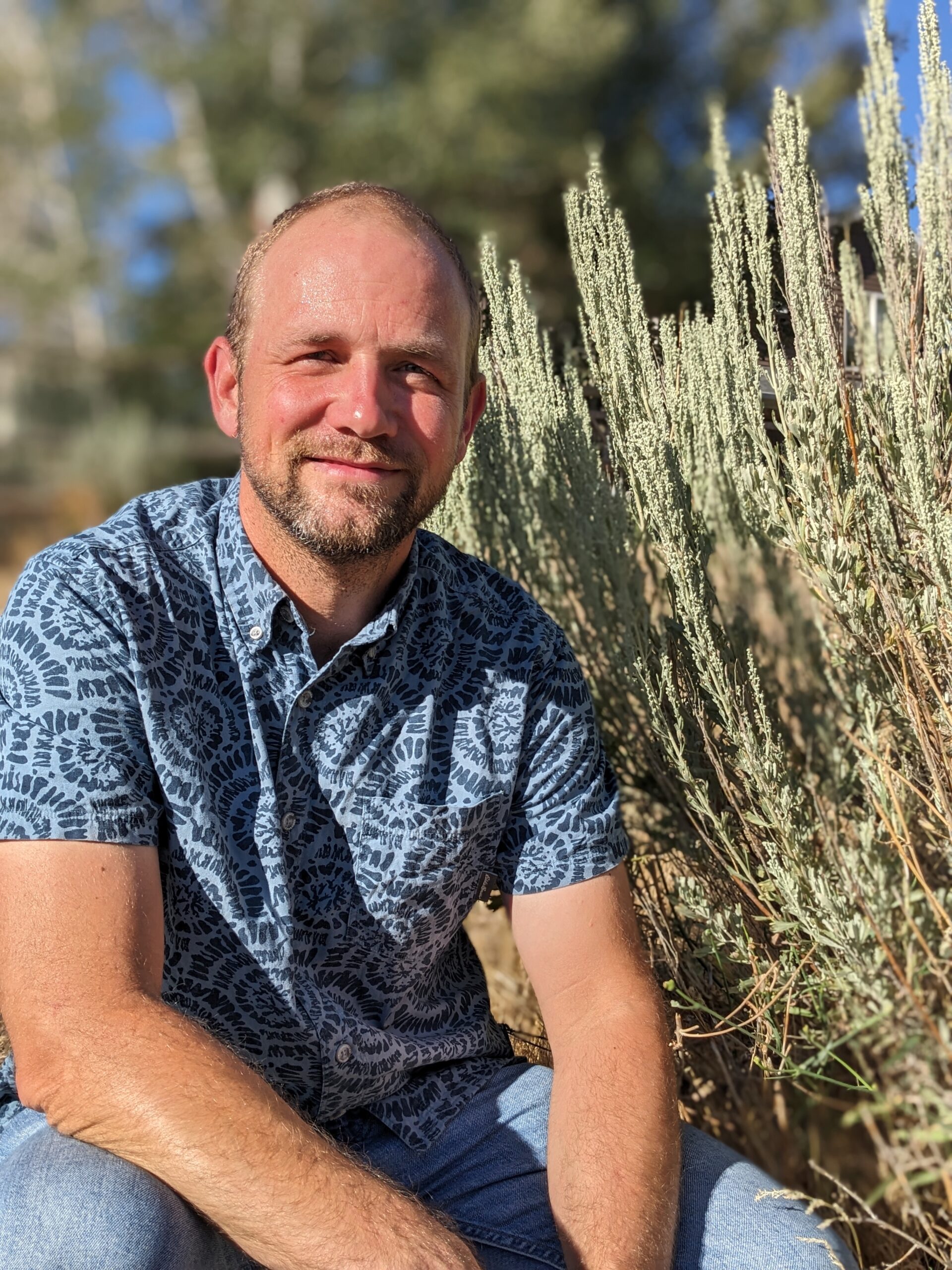
SVEN BUERKI
Biobanking Consultant
Sven serves as a consultant for the Plant Biobanking Project, an initiative dedicated to safeguarding the genetic diversity of endangered plants within the United States. His primary focus revolves around the utilization of seed biobanking, tissue culture and cryopreservation to preserve the unique diversity of the United State flora. In close collaboration with the Revive & Restore team, the plant biobanking community, and landscape stakeholders, Sven’s role involves the development and dissemination of a comprehensive plant biobanking roadmap, as well as the identification of potential candidate species.
Presently, Sven holds the position of Associate Professor in plant genomics at Boise State University (Idaho, USA). Within this capacity, his laboratory undertakes eco-evolutionary research with the overarching goal of assessing the adaptive capacity of plants to response to climate change and translate this research into conservation and restoration actions.
Stewart Brand
Co-Founder
Stewart Brand is co-founder of Revive & Restore and co-founder and president of The Long Now Foundation, where Revive & Restore was incubated for its first four years. The idea of bringing cutting-edge biotech to conservation first went public with Stewart’s 2013 TED Talk, “The Dawn of De-extinction.” Stewart has been an ardent conservationist since he was 10. That led him to get his degree in Biology from Stanford in 1960, focusing on ecology and evolution. The Whole Earth Catalog, which he created and ran from 1968 to 1984, purveyed a biological perspective on everything.
Besides earning a National Book Award in 1972, the Catalog and its later philanthropy became one of the founding pillars of the Modern Environmental Movement—as chronicled in the book Counterculture Green: The Whole Earth Catalog and American Environmentalism (2007 by Andrew Kirk), and in the feature film “Earth Days” (2009 by Robert Stone). Recently, in an effort to inspire environmentalists to follow science instead of ideology, Stewart wrote Whole Earth Discipline: The Rise of Ecopragmatism (2010, Penguin). The book has two chapters on the environmental benefits of biotechnology. In 2015 Brand was one of the authors of an influential essay, “An Ecomodernist Manifesto.” He also co-founded The WELL and Global Business Network.
Tom Chase
Executive Director of Village and Wilderness Project; Heath Hen Project Advisor
Tom directs the Village and Wilderness Project, a program that he founded to reconnect and restore ecologically viable wildlands and redevelops climate-safe communities. He was one of the panelists at Revive & Restore’s Heath Hen Event in July 2014 which brought the idea of a heath hen de-extinction to the Martha’s Vineyard community, where the bird last lived. Born and raised on Martha’s Vineyard, Tom brings a deep understanding of land-use change to the conservation of Massachusetts’s coasts, including making residential landscapes more supportive of essential ecological processes. Tom has a B. S. in Zooarchaeology from the University of Florida and an M.S. in Quaternary research from the University of Maine. His areas of expertise and interest include Martha’s Vineyard and Nantucket Island, ecological restoration, conservation entrepreneurship, conservation education and community engagement, island ecology, archaeology, and climate change. Tom grew up hearing first-hand accounts of the heath hen and as child fantasized he might one day find them in a hidden corner of the Vineyard.
Megan Palmer
Executive Director of Bio Policy & Leadership Initiatives, Stanford University
Dr. Megan J. Palmer is the Executive Director of Bio Policy & Leadership Initiatives at Stanford University. She leads research, teaching, and engagement programs to explore how biological science and engineering are shaping our societies and to guide innovation to serve public interests. Based in the Department of Bioengineering, where she is also an Adjunct Professor, she works closely with groups across the university and with stakeholders in academia, government, industry, and civil society around the world.
Megan has led numerous programs on the role of synthetic biology in society. She leads social responsibility for the international Genetically Engineered Machine (iGEM) competition, and founded and serves as Executive Director of the Synthetic Biology Leadership Excellence Accelerator Program (LEAP). She is on the council of the Engineering Biology Research Consortium (EBRC) and advises a number of organizations on their approaches to the responsible development of biotechnology, including serving on the Board of Revive & Restore.
Previously, Megan was a Senior Research Scholar at the Center for International Security and Cooperation (CISAC), part of FSI, where she is now an affiliate. She also spent 5 years directing policy efforts for the multi-university Synthetic Biology Engineering Research Center (Synberc), and held positions as a project scientist at UC Berkeley, and a postdoctoral scholar at Stanford.
Dr. Palmer received her Ph.D. in Biological Engineering from M.I.T. and a B.Sc.E. in Engineering Chemistry from Queen’s University.
Angus Parker
Private Investment Manager at Lake & Mountain
Angus Parker is an investment manager and contract chief operating officer (COO), with experience managing the operations of non-profit organizations. He has served as the Director of Operations for The Nature Conservancy’s Asia Pacific Region and the COO of Island Conservation. Angus has an M.B.A. in Finance & Operations from the Wharton School of Business, and an M.S. in environmental science from Johns Hopkins University. Angus is an avid diver and photographer.
Beth Shapiro
Professor of Ecology and Evolution, University of California, Santa Cruz; Passenger Pigeon Project Advisor
Dr. Beth Shapiro is an evolutionary biologist who specializes in the genetics of ice age animals and plants. She uses DNA recovered from bones and other organic remains to study how species and communities evolved through time and how human activities affected this dynamic process. Her PhD research developed new tools to infer temporal changes in species’ abundance and distribution from chronological samples of genetic data. She has since used these to trace evolutionary changes in organisms ranging from influenza to mammoths, asking questions about domestication, admixture between species pairs, and pathogen evolution. Her current work develops techniques to recover and analyze increasingly trace amounts of DNA, such as from environmental and forensic samples. A 2009 MacArthur Fellow, Beth is also an award-winning popular science author and communicator who uses her research as a platform to explore the potential of new genomic technologies for conservation and medicine.
Her book, “How to Clone a Mammoth,” offers a critical, pragmatic, perspective about de-extinction that is rooted in her ancient DNA expertise, Beth is a protagonist for the appropriate, ethical, and responsible application of de-extinction technologies for conservation of living species and their ecosystems. She co-directs the Paleogenomics Lab at UCSC, and her lab published the first DNA sequences of the Passenger Pigeon in 2002. She has since become one of the premiere scientists contemplating the emerging field of de-extinction.
Brad Stanback
Board of Directors, The American Chestnut Foundation; Board of Visitors, Nicholas School of the Environment at Duke University; President’s Council, Southern Environmental Law Center; Commissioner, North Carolina Wildlife Resources Commission
Brad Stanback owns and manages a 1300+ acre Research Farm in the Southern Appalachians between Asheville and Great Smoky Mountains National Park. He is involved as a funder and advisor to many local environmental groups, particularly land trusts involved with protecting land through purchase or conservation easement. His hobby is Ecological Restoration, but done on a scale that most would consider well beyond a hobby. Brad’s particular restoration focus is with The American Chestnut Foundation, working to develop a disease-resistant American chestnut tree to restore to the Appalachian forest.
Matthew Winkler
Biotechnology Entrepreneur
Matt is a lifelong biologist and environmentalist. He received a B.S. degree in Genetics and a Ph.D. in Zoology from the University of California at Berkeley. He joined the Zoology Department at the University of Texas at Austin as an Assistant Professor in 1983 and in 1989, as an Associate Professor, founded Ambion Inc., a biotechnology company that was a pioneer in the use of RNA technologies for biomedical research. In addition to Ambion, he also founded Asuragen, a molecular diagnostics company and Mirna Therapeutics, a cancer therapeutics company. He is the author of over 30 publications and has 19 issued patents. He sits on the boards of Akoya Biosciences (AKYA), The Breakthrough Institute, Revive & Restore, Austin PBS and several advisory boards associated with The University of Texas. He has a long-term interest in using the tools of biotechnology for conservation and environmental issues.


